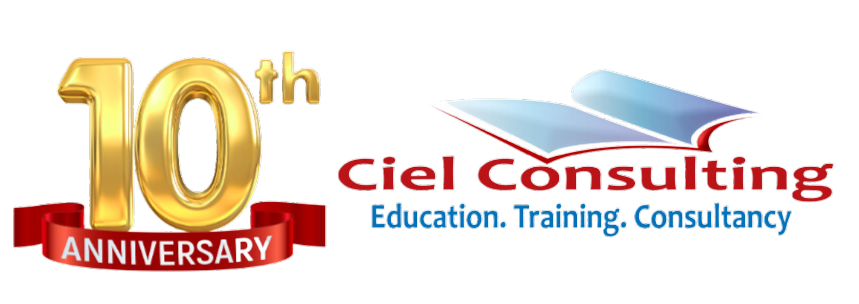How do Recruiters Evaluate and Select Resumes?
I’ve had the privilege of sampling opinions and ideas from firms in a few industries, and while I can’t speak for the world, but I at least have an idea as to how this process works, especially as it is identical in most of the industries sampled. I also have evaluated pools of people for recruitment.
In a previous blog post where I discussed resumes, I stated that the time taken to read them varies, but not much. It usually takes between 10 and 15 seconds. It probably would be less if one wasn’t overwhelmed by many resumes perhaps with a lot of mistakes. If this is the case, I immediately move to the next resume.
1st Stage
My procedure for processing resumes was a two-step process. I visually scanned the first sheet of the resume from top to bottom looking at format and obvious typos (if there was a second page, I took note but seldom ever looked at it during this stage). If there were serious formatting problems or typos, it wouldn't make it to the next stage.
Then, I would look at the first bit of experience to see if it related to the position the applicant was applying for (note, this is a very quick glance). I checked very briefly the bullet points for formatting and job duty descriptions.
My procedure never took more than 10 seconds (more than the reported six seconds) that is if there were no formatting issues or spelling issues. If there were serious issues, such as spelling or formatting I would be finished with that particular resume.
2nd Stage
If the resume made it to the second stage, then I would check it much more closely; this is when I would check the second page. If there were more than two pages I would generally loose interest unless something really interesting caught my eye.
I would be looking at skills, education, and certifications and any experience which carried over from the first page on to the second page. I examined the experience much closer and to see if there were any thing I should look into or ask should they make it to the interview. I took notes on the second stage. The second stage rarely took a minute of two.
3rd Stage (Interview Prep)
At the third stage, I’d print out the resumes that made the cut, and give them to the HR manager to look at and he’d make comments on the resumes. Then, as a Senior Manager, Head of Department, or whatever was my position at the time, I helped in developing the questions as relevant to the job function. Finally, I worked with the HR Manager to do the interviews based on requirements for the position.
I hope this helps someone.


